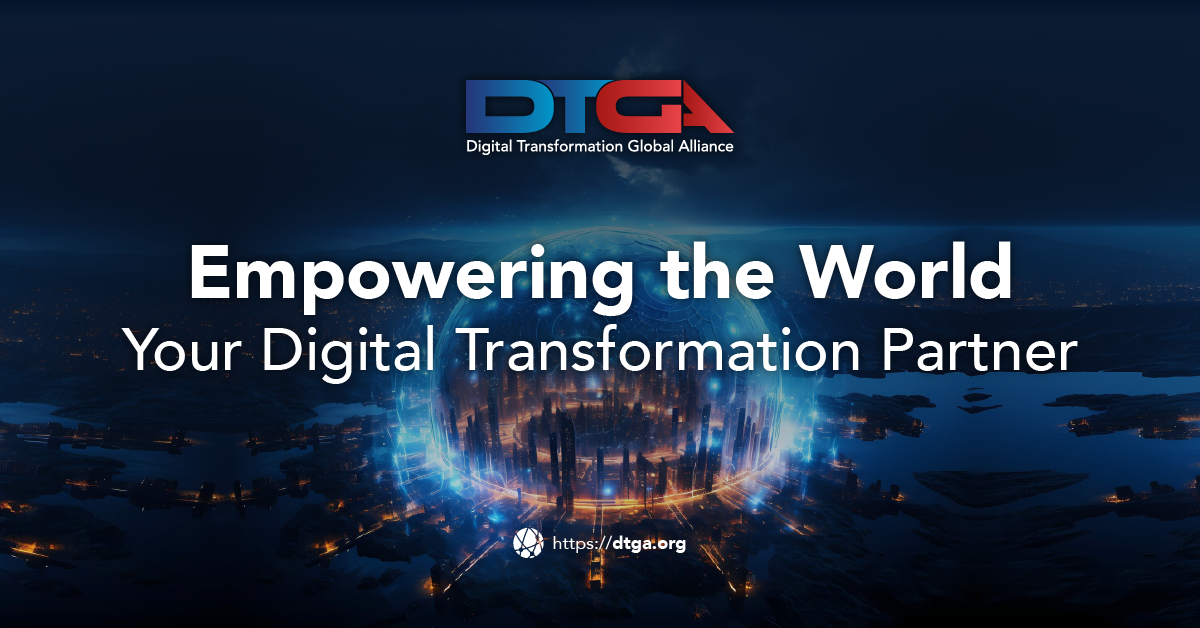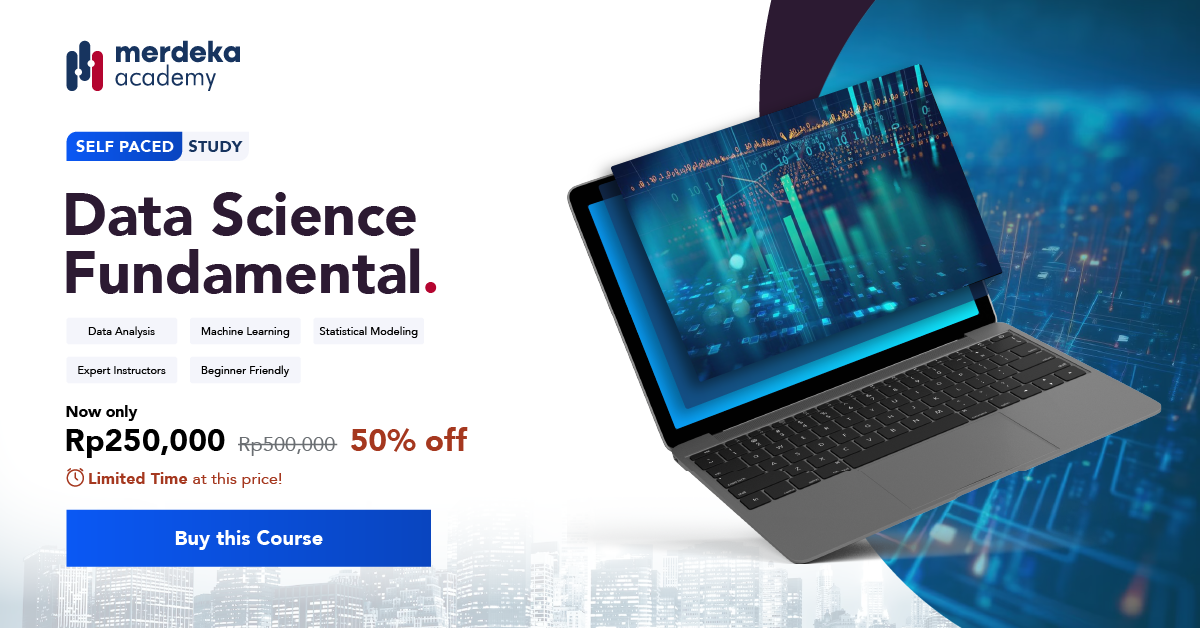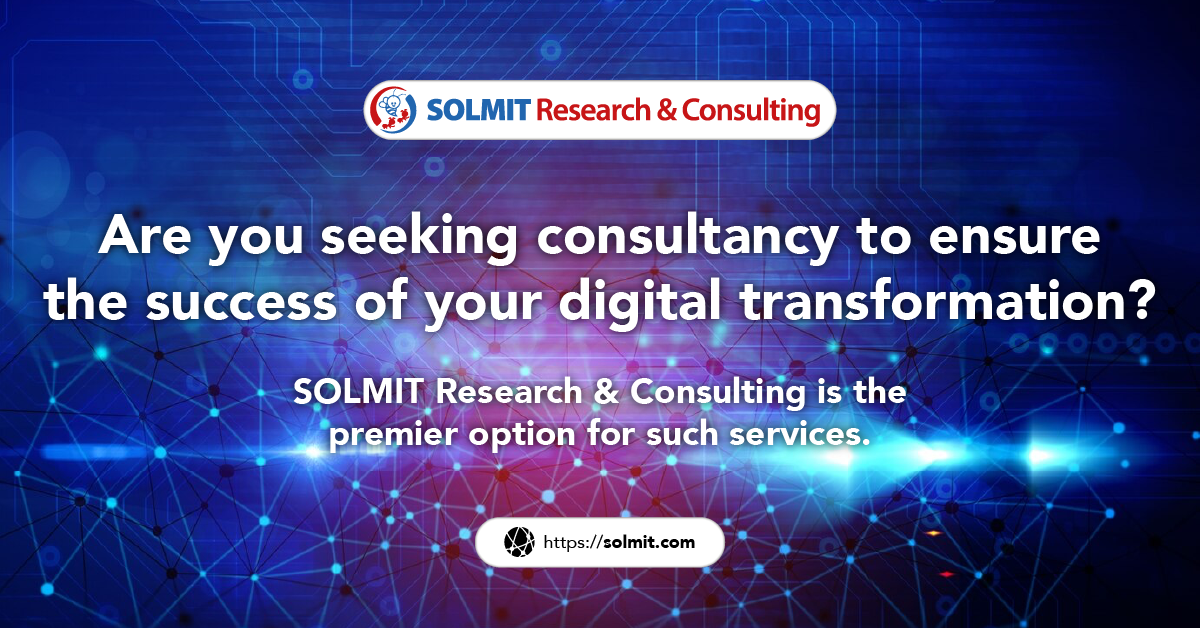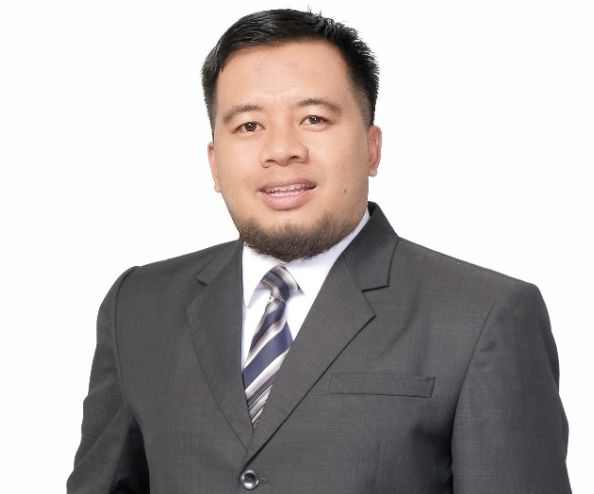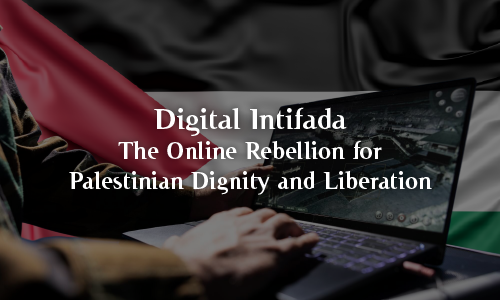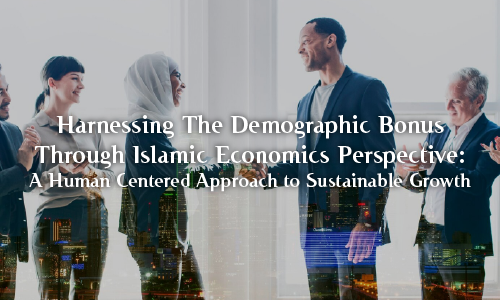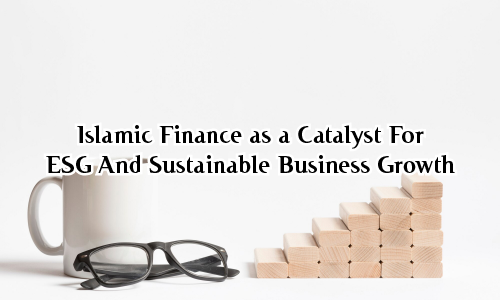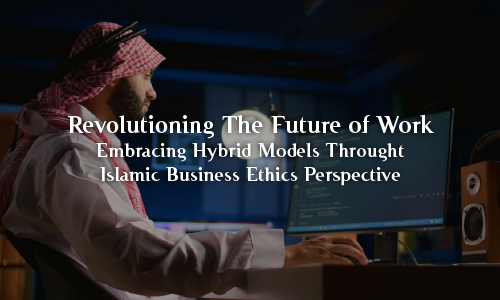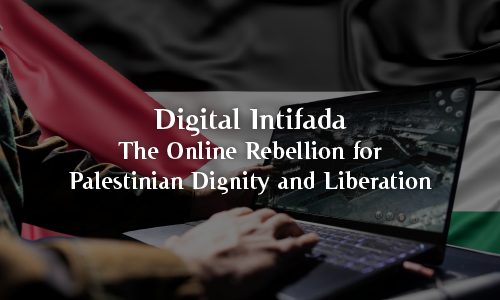
Summary: This article explores the ongoing struggle for Palestinian freedom through the ethical framework of Islamic economics, emphasizing the principles of justice (adl), dignity (karamah), and collective responsibility (fard kifayah). Using the 2025 Global March to Gaza as a focal point, it examines how international civil society mobilized in response to the Gaza blockade, not only through physical presence but also via digital platforms. While the march was halted by regional authorities, it succeeded in raising global awareness and reinforcing a sense of moral duty across diverse communities. The article further analyzes how Islamic economic instruments such as zakat, waqf, and interest-free microfinance; have supported Palestinian resilience, alongside the growing role of digital tools in fundraising, advocacy, and economic empowerment. However, the digital space is not without challenges: censorship, surveillance, and access limitations remain significant barriers. The piece concludes by offering actionable recommendations rooted in Islamic ethics, calling for an end to the blockade, inclusive development financing, fair trade, and digital justice. Ultimately, it presents Palestinian freedom not only as a political goal, but as a collective moral obligation for a just and compassionate global community.
Introduction: When Economics Meets Conscience
The story of Palestine is not just about borders or politics, it’s about people. People struggling to live in dignity under blockade. Parents trying to feed children without enough food. Students dreaming of a future while drones hover above their homes. In the heart of this crisis lies Gaza, a tiny strip of land that has become a global symbol of injustice and resilience.
But what does all of this have to do with economics, especially Islamic economics? A lot, actually. Islamic economics is more than a set of rules for halal banking. At its core, it’s about fairness, responsibility, and compassion. It teaches that wealth is a trust, not a weapon. That justice isn’t a luxury, it’s a duty. And that silence in the face of oppression is a betrayal of the values we claim to uphold.


